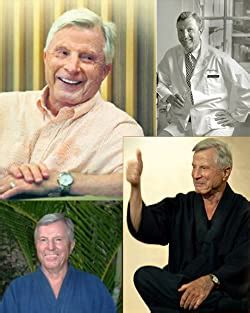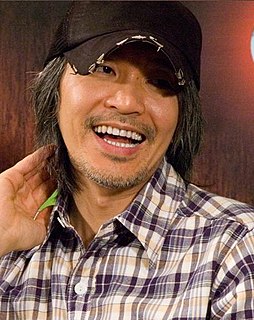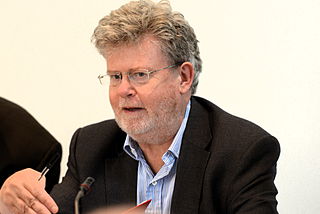A Quote by James H. Austin
When can our brain's innate objectivity begin to flourish? Only when our inappropriate Self-centered subjectivity begins to dissolve.
Related Quotes
As long as we place millions of Indians at the canter of our thought process, as long as we think of their welfare, their future, their opportunities for self realization we are on the right track. For India can grow, prosper, flourish only if they grow, prosper, flourish. We cannot grow by any esoteric strategies. Our purchasing power, our economic strength, our marketplace all depends on the prosperity of our people.
We have traditionally thought of knowing in terms of subject and object and have struggled to attain objectivity by detaching our subjectivity. It can't be done, and one of the achievements of postmodernity is to demonstrate that. What we are called to, and what in the resurrection we are equipped for, is a knowing in which we are involved as subjects but as self-giving, not as self-seeking, subjects: in other words, a knowing that is a form of love.
There are many ways to cover up our sin. We may justify or minimize it by blaming circumstances and others people. However, real repentance first admits sin as sin and takes full responsibility. True confession and repentance begins when blame shifting ends...Just as real repentance begins only where blame shifting ends, so it also begins where self-pity ends, and we start to turn from our sin out of love for God rather than mere self-interest.
Many of us incorrectly assume that a spiritual life begins when we change what we normally do in our daily life. We feel we must change our job, our living situation, our relationship, our address, our diet, or our clothes before we can truly begin a spiritual practice. And yet it is not the act but the awareness, the vitality, and the kindness we bring to our work that allows it to become sacred.


































